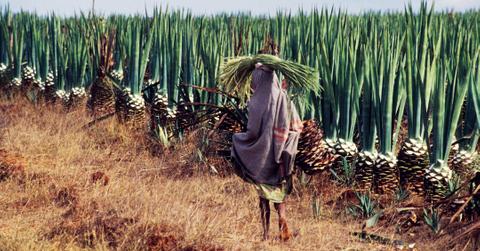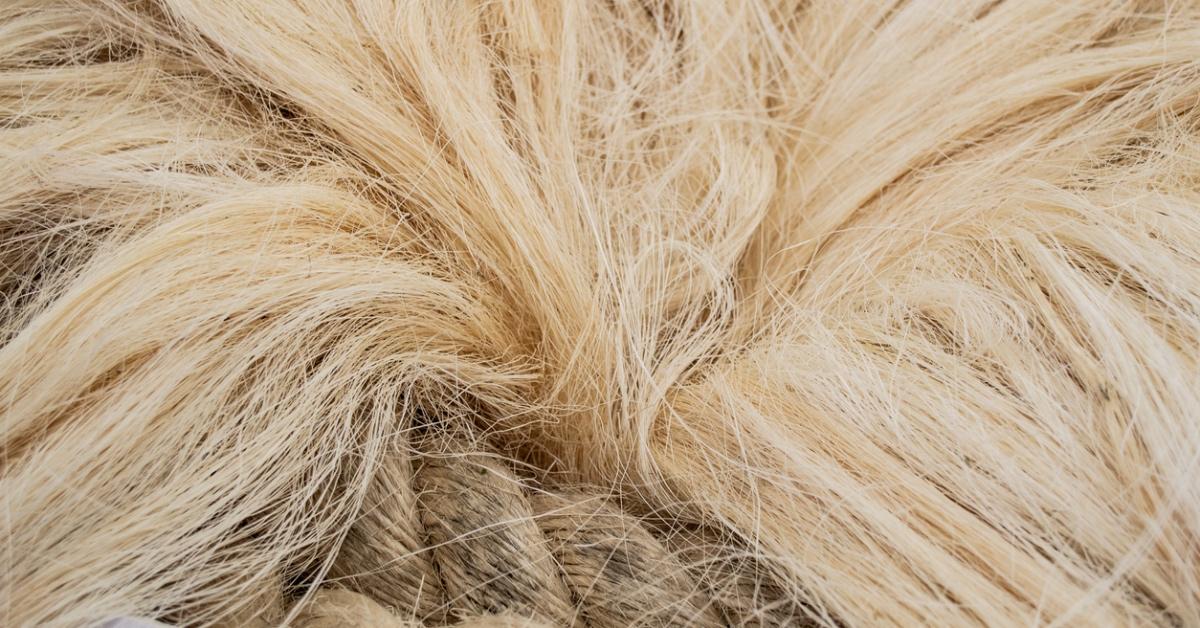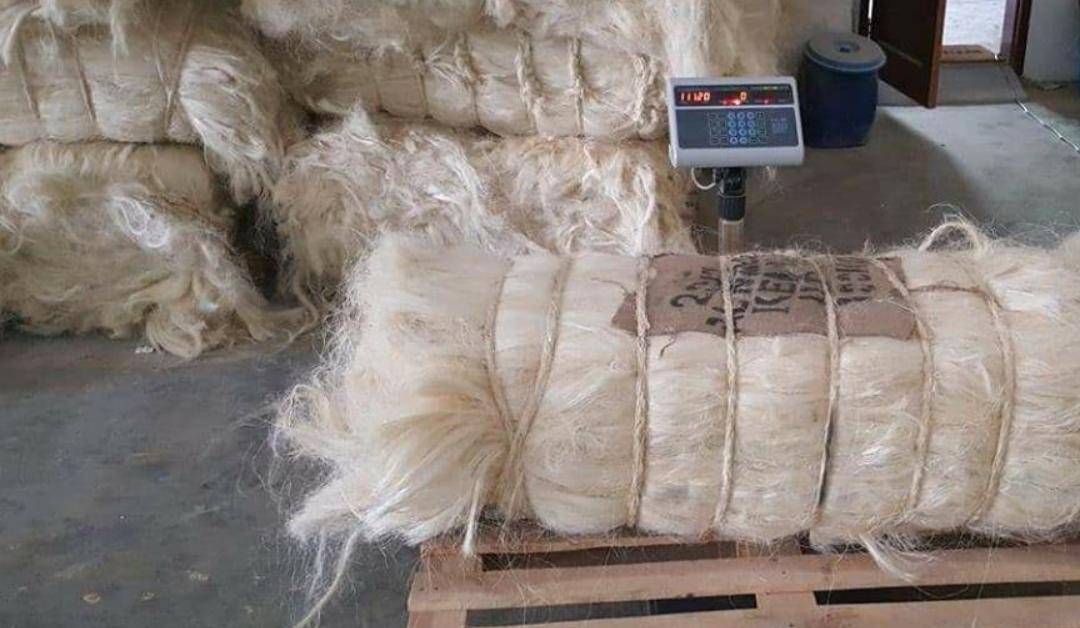Innovations With Sisal Leaves Are Making Menstrual Pads Sustainable and Accessible
Published Jan. 24 2024, 1:04 p.m. ET

There’s always something developing in the menstrual product world. Brands are trying to provide sustainable alternatives for their growing eco-friendly consumer bases, while others are revising products to stop harming helpful bacteria that prevent vaginal infections. Scientists have been investigating sisal leaves and determined the all-natural product could be used for sustainable menstrual pads.
The all-natural alternative to standard pads could revolutionize sustainable menstrual products and get everyone one step closer to solving period poverty. Read this guide to learn more about these revolutionary period pads and how to get them.
Researchers found a way to use sisal fibers in menstrual pads.
The sisal plant — also called the Agave sisalana — contains sisal fibers that are tough enough to develop green polymers, per a study on sisal fibers included in the Tribology of Natural Fiber Polymer Composites (Second Edition). The robust fibers can undergo numerous manufacturing processes, including those that turn them into absorptive pads.
Researchers with Communications Engineering note how manufacturers put the fibers through a mechanical fluffing process to increase absorption capacities and soften the final product. The same team discovered that the fibers have higher absorption rates than traditional alternatives.
According to a study from Cleaner Environmental Systems, standard menstrual pads contain 90 percent plastic to make them flexible and porous. Plastic utilizes limited natural resources and leaks microplastics into whatever touches it, as a study in TrAC Trends in Analytical Chemistry noted. People can keep plastic out of landfills and microplastics from living things by buying sustainable products like menstrual pads made with sisal leaves.

Where can I get sisal fiber menstrual products?
At present, sisal fiber products exist on the market primarily as beauty-related items like shower sponges or bath mitts. However, scientists such as those with Stanford University are putting teams together to develop prototypes for menstrual products with sisal fiber.
Hopefully sometime soon, these products will be available in stores. Until then, there are still a number of eco-friendly menstrual products available.
Period poverty is a major issue.
Period poverty is a global health challenge, preventing 500 million menstruating people from accessing sanitary products annually, per The World Bank organization. Researchers with the Korean Journal of Family Medicine note numerous factors perpetuate the issue, including economic inequity, period stigma, and lack of access to products with limited availability in rural areas.
The sisal leaves menstrual pads reduce the economic barriers preventing people from accessing sanitary products. Research in the Journal of Developmental Economics shows people with periods use 30-70 percent of their unpaid, allowed absence days due to menstrual cycles. If people can get menstrual pads at more affordable prices, they’ll get to work more consistently and earn more money.

The same research team with Communications Engineering determined that increased sisal leaf absorption rates included an open-source process in their study so people could, in theory, make these pads independently. The process requires minimal production effort compared to traditional alternatives.
Less production effort means sisal leaf pads can become more affordable when produced for menstrual hygiene marketplaces. Even if someone still has to buy their pads monthly, they’ll hopefully pay less at the store.
